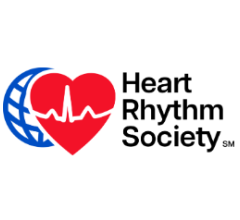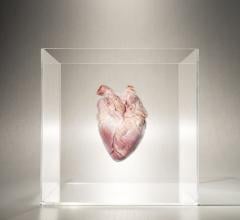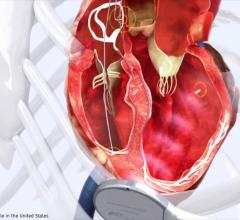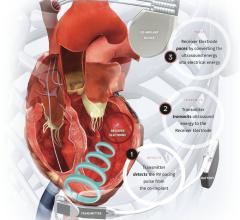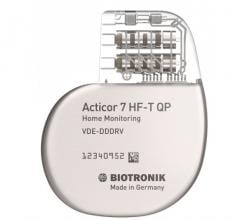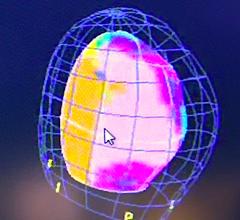
October 13, 2016 — Medtronic plc is the first company to receive U.S. Food and Drug Administration (FDA) approval for its suite of cardiac rhythm and heart failure devices and leads to be scanned in both 3 and 1.5 Tesla (T) magnetic resonance imaging (MRI) machines. This advancement gives patients with Medtronic SureScan MR-conditional pacemakers, implantable cardioverter-defibrillators (ICDs) and cardiac resynchronization therapy-defibrillators (CRT-Ds) and leads access to MRI scans on any part of the body.
Each year, approximately 12-16 percent of patients with cardiac devices have a condition in which MRI would normally be prescribed, but less than 1 percent receive a scan because of device or lead restrictions. Before the availability of MR-conditional technology, patients with cardiac devices were contraindicated from undergoing MRI scans to avoid a potential interaction between the MRI and the device function.
"The potential interaction between cardiac devices and MRIs has been a long-running concern for patients and physicians," said Marc Silver, M.D., cardiologist at WakeMed Heart and Vascular Physicians in Raleigh, N.C. "Fortunately, advancements in MR-conditional cardiac device technology give patients more access to this important diagnostic tool."
MRI is an important imaging technology to diagnose conditions such as stroke, cancer, Alzheimer's disease, and muscle, bone and joint pain. 3T MRI offers better image quality, better diagnosis and reduced scan duration compared to 1.5T scans. In the next five years, the adoption of 3T MR systems is expected to reach approximately 30-40 percent of hospitals across the United States.
"While 1.5T scanners still comprise the majority of installations, 3T scanners are expected to comprise more than half of new units — with some centers having only 3T scanners — since they offer faster scans and higher resolution images," said Yair Safriel, M.D., neuroradiologist and chief medical officer at Pharmascan Clinical Trials and University of South Florida. "Approval for MRI-conditional scanning at both 1.5 and 3T allows patients to have improved access to MRI at a time and place most appropriate for their care. And with 3T scanning, physicians and radiologists gain a clearer look into soft tissues, particularly critical when diagnosing serious conditions, often involving the brain and spine."
Patients in the United States with the following devices are now eligible for 1.5 and 3T MRI scans:
- Advisa MRI pacemakers and Micra transcatheter pacemaker
- Amplia MRI and Compia MRI cardiac resynchronization therapy defibrillators
- Evera MRI and Visia AF MRI DF-1 and DF4 implantable cardioverter defibrillators
- Reveal LINQ insertable cardiac monitor
- SureScan pacing, defibrillation and left-heart leads
Additionally, Medtronic now offers more options for ICD patients undergoing device replacement surgery, enabling MRI access to an even broader base of patients.
For more information: www.medtronic.com


 July 21, 2025
July 21, 2025 
